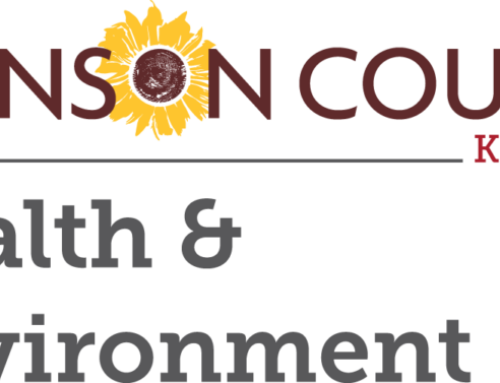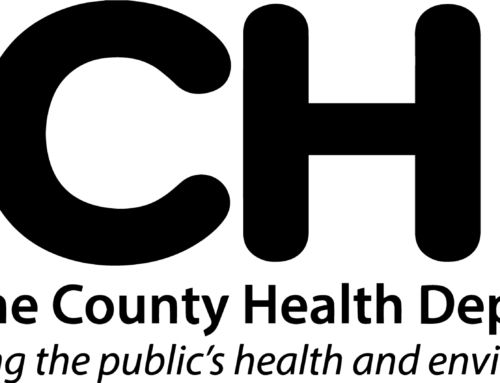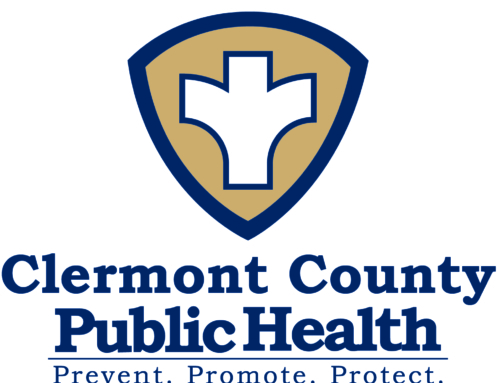Project Description
Continuous Quality Improvement Applies to All Functions, Even Those That are ‘Fully Demonstrated’
By Gene Azparren, MA
Butte County Public Health Department was awarded accreditation through PHAB in September 2017. While the department’s benefits from accreditation are numerous, the growth of our Performance Management and Quality Improvement (PM/QI) programs stand out as a highlight.
Soon after we submitted our documentation to PHAB, we realized that some adjustments to our PM/QI processes were necessary in order to continue momentum and build a culture of quality. Although we had received “fully demonstrated” scores on our PM/QI examples during the site review process, we knew some additional modifications had to occur to ensure long-term growth. While these changes haven’t been easy, the accreditation process has taught us that continuous quality improvement applies to all functions, even those that are working well. For example, a significant accomplishment has been the redesign of the department’s performance management system to enhance data collection and analysis. Most notably, we’ve revised the format of department goals, targets, and indicators to improve the utilization of our performance management dashboards. Since the implementation of these changes, we’ve seen an increase of programs/staff who contribute data as well as the number of QI projects that are generated from our performance management system. Also, all of our performance management system measures now directly align with the department’s Strategic Plan priorities.
Lessons learned from accreditation have also informed and benefited our QI program. Following a recent QI department self-assessment, a determination was made to simplify our QI processes and procedures. As a result, universal Plan, Do, Study, Act (PDSA) Facilitation Guidelines have been created to assist staff with the implementation of QI projects. With these guidelines in place, staff have indicated that the department’s QI processes and expectations are now clearer. Members of our PM/QI Team are receiving more advanced training to assist with the facilitation and implementation of projects. We’ve also redesigned the department’s QI submission form to reflect a more user-friendly and electronic format to increase staff ideas and proposals for QI initiatives.
Some recent department QI project accomplishments include (but are not limited to):
— A two-week reduction in the amount of time for our California Children’s Services (CCS) program to complete their Annual Medical Review process for clients.
— A 10% increase in the number of online dog licenses sold by the department’s Animal Control program.
— A 27% reduction in the number of days to implement the department’s new employee orientation process.
Preparing for and achieving accreditation has better equipped the department to improve and protect the health of our community. The accreditation process has allowed us to demonstrate the excellence and hard work of our committed staff, who dedicate themselves to providing high-quality services. Accreditation has provided us the framework to develop leadership, prioritize improvement opportunities, and strengthen relationships with our community. We look forward to continuing to grow as a department during the upcoming reaccreditation process.
Butte County Public Health Department in Oroville, California, was awarded national accreditation through the Public Health Accreditation Board on September 13, 2017.
About the author: Gene Azparren, MA, is the public health accreditation program manager at Butte County Public Health Department in Oroville, Calif. Contact him at [email protected].
⇒ Other major benefits gained as a result of going through the accreditation process:
- Workforce Development: An internal committee is utilizing data to develop strategies to address the department’s recruitment, hiring, and retention practices.
- Equity: Accreditation has helped the department identify internal and external equity gaps. Ongoing projects include the hiring of an Equity Coordinator, provision of equity training for all staff, and the development of a department Health Equity Plan.
- Community Partnerships: While always a strength, the department has improved our community partnerships through implementation of the CHA, CHIP, and access to care initiatives.
- Community Engagement: Accreditation has provided the focus to improve our engagement of the community during the development and implementation of health promotion strategies.




